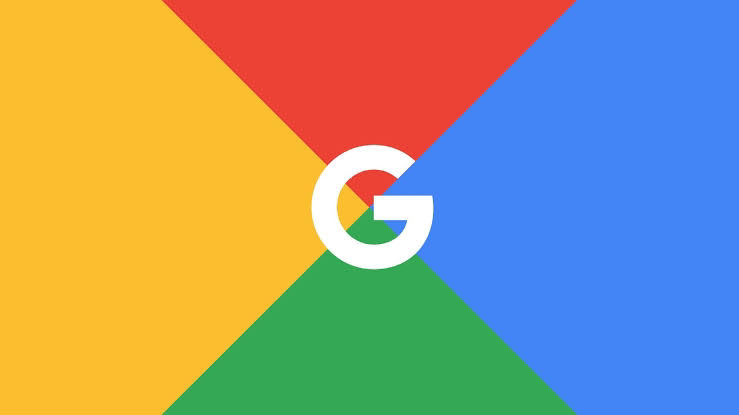Google has taken a significant step in the healthcare sector by licensing its AI model to Indian companies to detect early signs of blindness among diabetic patients. This initiative focuses on leveraging technology to address diabetic retinopathy, a condition that can lead to blindness if untreated.
Understanding Diabetic Retinopathy
Diabetic retinopathy is a complication of diabetes that affects the eyes. It is caused by damage to the blood vessels in the retina due to high blood sugar levels. If not detected early, it can lead to vision loss or blindness. India, with its large population of diabetic patients, faces a substantial challenge in managing and preventing this condition. Early detection is crucial, but access to quality eye care remains limited, especially in rural and underserved regions.
Google’s AI-Powered Solution
Google has developed an AI model designed to screen for diabetic retinopathy at an early stage. The AI analyzes retinal images and identifies signs of the disease, allowing healthcare professionals to intervene before vision loss occurs. This AI model is now being licensed to Indian healthcare companies and organizations. By collaborating with Indian firms, Google aims to integrate its technology into existing medical infrastructure, making advanced eye screenings accessible to a broader population.
The AI model not only helps in detecting the early stages of diabetic retinopathy but also streamlines the screening process, enabling faster and more accurate diagnoses. This approach ensures that patients receive timely treatment, improving overall outcomes and reducing the risk of blindness among diabetic individuals.
Impact and Reach
This collaboration marks a significant advancement for India’s healthcare sector, combining Google’s cutting-edge AI technology with local expertise. By working with Indian firms, Google aims to extend the reach of these screenings beyond urban centers, targeting rural areas where access to medical specialists and eye care facilities is limited.
Indian healthcare organizations are expected to implement the AI model in clinics and mobile screening units, offering services in remote locations. This accessibility could be a game-changer in reducing the prevalence of diabetic retinopathy-induced blindness in India, helping millions of diabetic patients.
Expanding AI’s Role in Healthcare
Google's initiative is part of a broader trend of integrating AI into healthcare services. AI's ability to analyze medical data with high accuracy and speed holds potential for diagnosing and managing various diseases beyond diabetic retinopathy. Google’s approach exemplifies how technology companies can collaborate with local healthcare systems to address pressing health challenges, providing scalable solutions that benefit large populations.
Challenges and Future Prospects
While Google's AI initiative offers promising results, there are challenges to overcome. Integrating AI technology into India's existing healthcare framework requires robust training programs for healthcare workers and doctors to ensure they can effectively use the tools. Additionally, addressing data privacy concerns is essential, as AI models depend on vast amounts of patient data to function accurately.
Looking forward, Google’s move could serve as a blueprint for future collaborations in India’s healthcare sector. With AI technology playing a pivotal role, other health conditions, such as cardiovascular diseases and cancers, could also be managed more effectively.
Conclusion
Google's decision to license its AI model for diabetic retinopathy detection is a critical step in transforming eye care in India. By working with local partners, the tech giant aims to expand access to early screenings and reduce blindness among millions of diabetic patients. This initiative reflects the potential of AI in revolutionizing healthcare, offering new hope for managing chronic diseases and improving patient outcomes in India and beyond.


